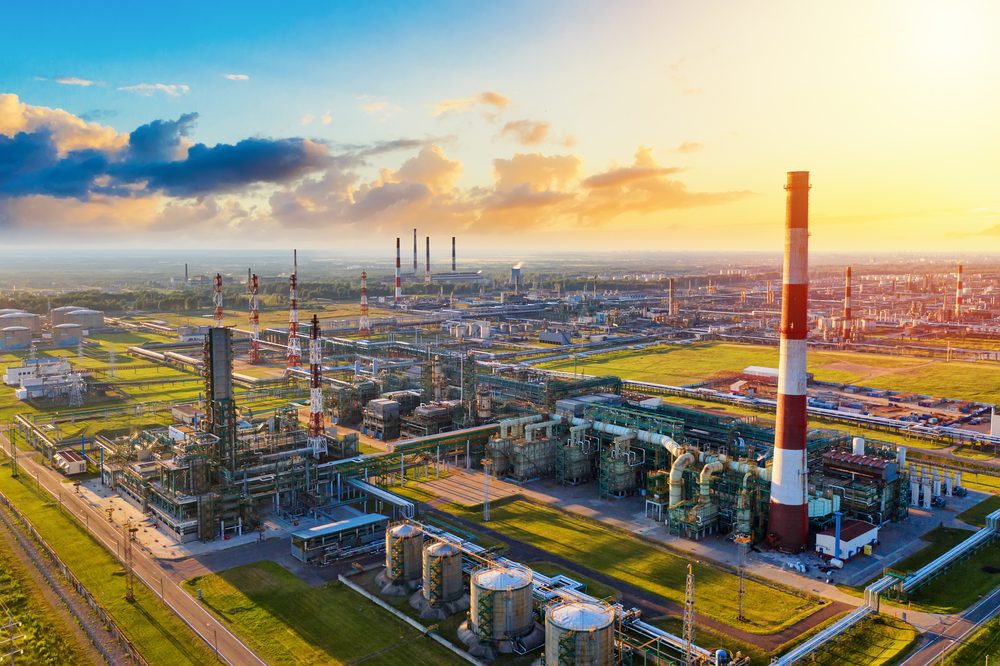Executive Summary
The Story So Far
Why This Matters
Who Thinks What?
President Donald Trump has issued an ultimatum to NATO allies, stating that the United States will implement “major” sanctions on Russia only if all member nations agree to do the same and cease purchasing Russian oil. The former president also called on NATO countries to impose significant tariffs on China, suggesting these combined actions would swiftly conclude the war in Ukraine.
Trump’s Conditions for Sanctions
In a letter, which Trump quoted in a social media post on Saturday, he outlined his conditions for U.S. action against Russia. “I am ready to do major Sanctions on Russia when all NATO Nations have agreed, and started, to do the same thing, and when all NATO Nations STOP BUYING OIL FROM RUSSIA,” Trump stated.
He criticized what he described as NATO’s commitment to “WIN” being “far less than 100%,” and called the purchase of Russian oil by some members “shocking.” Trump argued that these oil purchases significantly weaken NATO’s negotiating and bargaining power over Russia.
Call for Tariffs on China
Beyond the demands related to Russia, Trump urged NATO countries to collectively impose substantial tariffs on China. He proposed tariffs ranging from “50% to 100%” on Chinese goods.
Trump suggested these tariffs would be “fully withdrawn after the WAR with Russia and Ukraine is ended.” He believes this measure, in conjunction with the Russia sanctions and oil embargo, would be “of great help in ENDING this deadly, but RIDICULOUS, WAR” quickly.
Implications for NATO Allies
Meeting Trump’s demands would necessitate a significant policy shift among NATO allies, particularly regarding their energy sourcing and trade relations with China. Such steps would mark a dramatic departure from existing tariff policies and current approaches to the conflict in Ukraine.
It remains uncertain whether NATO countries would collectively agree to these conditions. The proposals raise major questions about the alliance’s unified interest in adopting such far-reaching economic measures.








